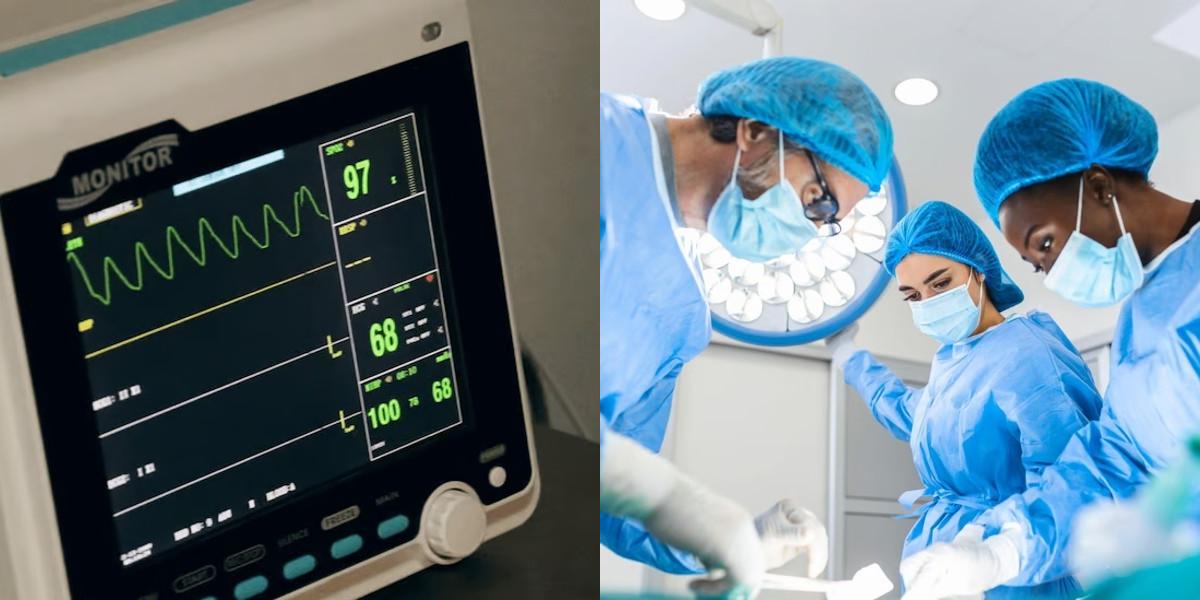EKG vs Surgical Technician

EKG technicians monitor heart rhythms. Surgical technicians assist in the operating room. Both careers offer fast, stable paths into healthcare—but the work, training, and pay are very different.
EKG vs Surgical Technician: Education and Training
How to Become an EKG Technician
- Complete an ekg technician training program (4–12 weeks)
- Study cardiac anatomy, ekg machine operation, and patient prep
- Learn how to read an ekg to identify patterns and anomalies
- Gain hands-on experience with real EKG machines
- Optional: Get ekg technician certification (CET from NHA or ASPT)
- Programs may be offered in-person or as ekg technician programs online
- Search “ekg technician jobs” near you to start
EKG certification is optional but often preferred by employers.
How to Become a Surgical Tech
- Enroll in an accredited surgical tech program (9–24 months)
- Learn sterile techniques, surgical procedures, anatomy, and instruments
- Complete supervised clinical externship
- Optional: Earn surgical tech certification (CST, TS-C)
- Explore surgical tech programs online or in-person options
Many surgical techs start in certificate programs and later earn an associate degree.
📍 Explore programs with Dreambound now →
Career Outlook & Salary
EKG Technician Salary & Job Growth
-
Salary:
EKG technicians earn $67,260 per year on average, according to the U.S. Bureau of Labor Statistics.
-
Job Outlook:
EKG technician jobs are expected to grow 4% from 2023 to 2033, according to BLS.
Surgical Tech Salary & Job Growth
-
Salary:
Surgical technologists earn $62,830 per year on average, according to the U.S. Bureau of Labor Statistics.
-
Job Outlook:
Surgical tech jobs are expected to grow 7% from 2023 to 2033, according to BLS.
Which Is Better for You?
Choose EKG technician if you want:
- A faster path to certification
- Direct patient interaction
- Predictable schedules
- A data-focused role in cardiac care
- To understand what an ekg shows and how it helps detect heart attack risks
Choose surgical technician if you want:
- To work hands-on in surgeries
- A team-based, fast-paced environment
- A structured operating room role
- Long-term growth in surgical specialties
- To explore online surgical tech programs and hybrid learning paths
Final Thoughts
Both careers offer fast entry into healthcare. The ekg technician role is ideal if you’re drawn to heart diagnostics and prefer structured testing. The surgical tech role is better if you want to be in the OR, assisting in real-time procedures.
Dreambound makes it easy to find ekg technician training or surgical tech school near you—online or in person.
Start exploring related articles today:

Justine Tacmo is part of the Growth team at Dreambound. He assists the organization by updating critical information so students receive the most up-to-date information for their desired trade schools. Besides, he has a passion for writing and expresses it through poetry, covering themes of life, love, and mental health, which is also his advocacy.




